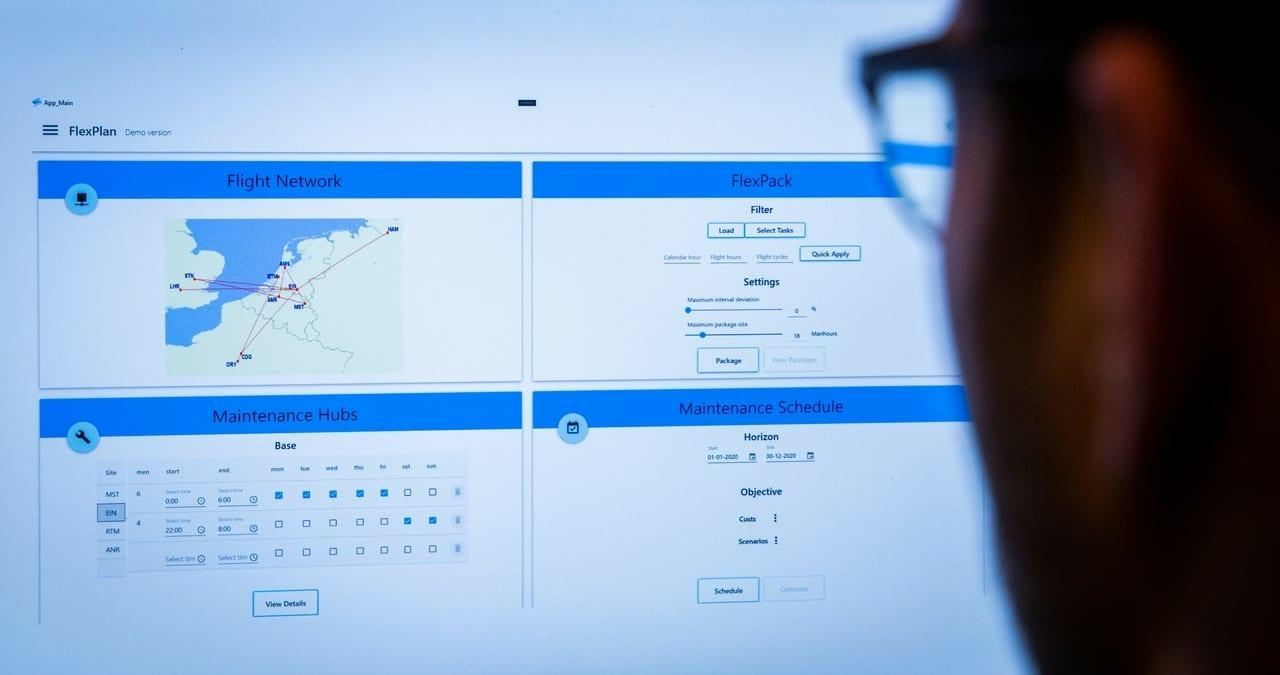AeroGenie — 您的智能副驾驶。
热门趋势
Categories
The science behind AI pricing for airlines

The Science Behind AI Pricing for Airlines
In the airline industry, the value of an unsold seat vanishes the moment a flight departs, making revenue management (RM) a critical and complex endeavor. For more than five decades, RM has centered on aligning ticket prices with passenger demand to maximize revenue from every available seat. The rise of low-cost carriers around the turn of the millennium disrupted traditional pricing models by introducing unbundled fares and more dynamic, last-minute pricing strategies. Major global events such as the September 11 attacks, the financial crisis of 2008, and the COVID-19 pandemic further exposed the limitations of conventional class-based forecasting, underscoring the need for more flexible, data-driven approaches.
Today, airlines operate in an environment characterized by largely fixed costs and razor-thin profit margins, typically ranging between 3% and 5%, according to the International Air Transport Association (IATA). Within this context, even marginal improvements in forecasting accuracy and pricing precision can translate into significant competitive advantages.
AI-Driven Pricing: Opportunities and Challenges
Artificial intelligence has emerged as a transformative force in airline pricing, enabling carriers to implement more flexible, customer-centric strategies such as continuous pricing and advanced Offer and Order Management (OOM). AI-powered systems can process vast volumes of data in real time, allowing airlines to dynamically adjust fares in response to fluctuating demand, competitor pricing, and broader market conditions.
Despite these advantages, the adoption of AI in airline pricing has not been without controversy. For instance, Delta Air Lines’ deployment of AI-driven fare pricing sparked consumer backlash and distrust. Customers expressed concerns about the potential for personalized and predatory pricing, fearing that AI might set fares based on individual willingness to pay or personal data. Although Delta denied using AI to tailor prices to individual customers, the initial lack of transparency fueled skepticism and negative public reactions.
These concerns have led other airlines to proceed cautiously, adopting similar AI technologies while emphasizing transparency and fairness to maintain consumer trust. The ethical implications of AI-driven pricing remain under close scrutiny, particularly regarding the risk of discriminatory pricing practices. As airlines increasingly rely on AI to optimize revenue, clear communication and robust safeguards are essential to address public concerns and ensure the ethical application of these technologies.
As the industry advances toward more sophisticated retailing models, the integration of AI into pricing strategies presents both significant opportunities and inherent risks. Airlines must carefully balance the pursuit of operational efficiency and profitability with the imperative of transparency and fairness, recognizing that consumer trust is as valuable as any seat sold.

Emirates Unveils Cabin Design for New Boeing 777X

Eighteen Years On, the Airbus A380 Remains Central to a $34 Billion Airline

How a boom in luxury airline seats is slowing down jet deliveries

Navitaire Outage Attributed to Planned Maintenance

Airbus Plans Record Delivery of 870 Aircraft in 2026

DigiYatra Debuts Outside Aviation at India AI Impact Summit

Vietnam Orders Strengthen Boeing’s Commercial Outlook

Airbus Signals Uncertainty Over Future A400M Orders

JobsOhio Awards $2 Million Grant to Hartzell Propeller for Innovation Center

Collins Aerospace Tests Sidekick Autonomy Software on YFQ-42A for U.S. Air Force CCA Program
